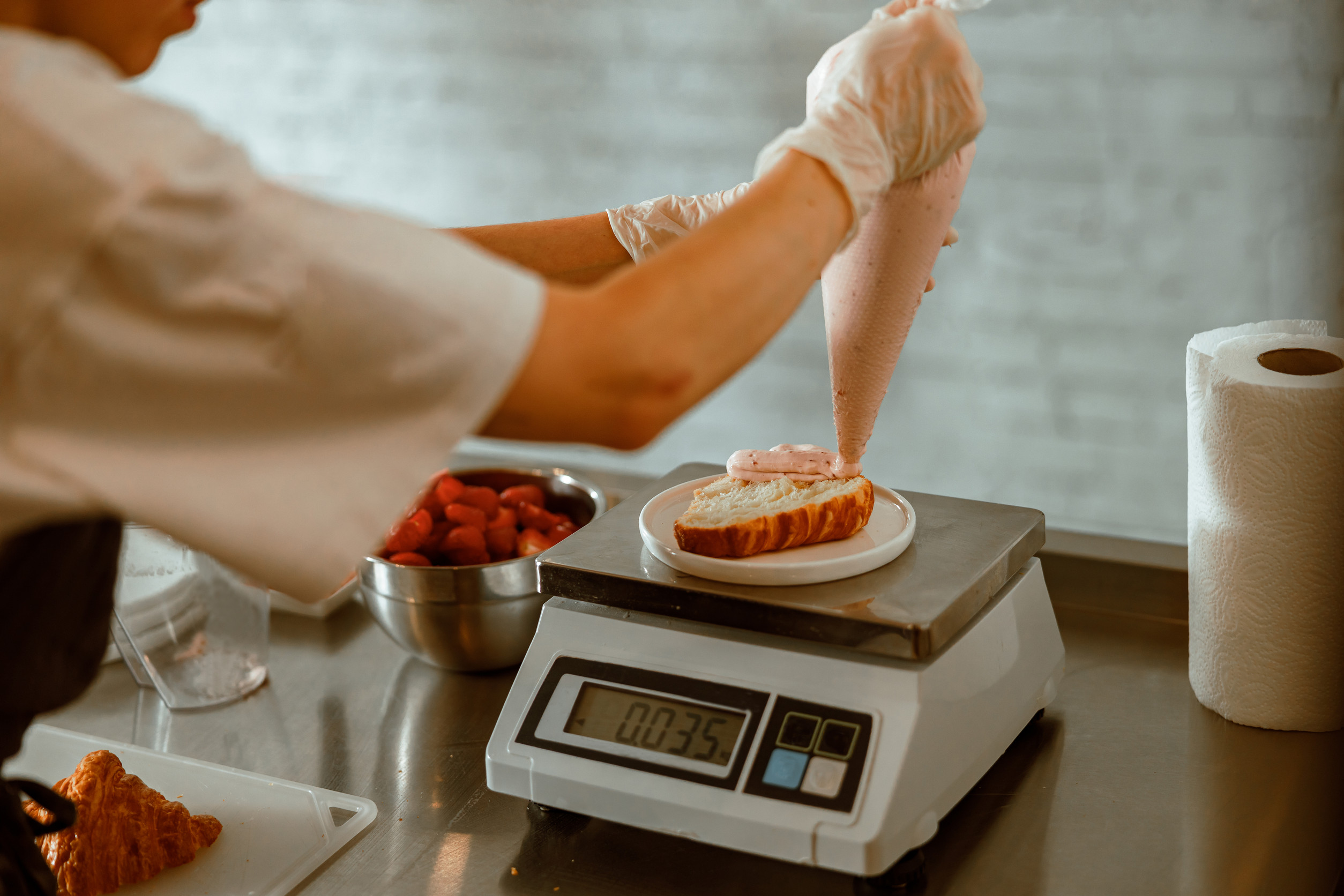
When you buy meat at the deli counter or fruit at the grocery store, you trust that the food scale measures accurately. After all, you’re paying by weight, and even a small error could cost consumers millions over time. But recently, food scales have come under government investigation for possible inaccuracies and consumer deception. Officials are now looking more closely at how these scales are regulated and whether stores are using them fairly. What seems like a small issue could have a big impact on both shoppers and businesses.
Small Errors Can Add Up to Big Money
A scale that’s even slightly off can affect thousands of purchases in a single week. If a scale overcharges by just a few cents per pound, customers collectively lose huge amounts of money. This is why regulators take accuracy very seriously, especially in industries where products are sold by weight. For families on tight budgets, every penny matters, making precise measurements essential. The investigation into food scales highlights how even tiny discrepancies can create massive financial consequences.
Government Agencies Regularly Inspect Scales
Most people don’t realize that food scales are subject to strict regulations. Agencies like the Department of Agriculture and local weights and measures divisions inspect scales regularly. If a scale fails inspection, the store must fix or replace it immediately. However, recent investigations suggest that not all inspections are being enforced consistently. This gap has raised concerns that some consumers may be unknowingly overcharged.
Some Businesses May Exploit Loopholes
While many errors are accidental, some cases suggest deliberate misuse of scales. Businesses that rely heavily on weight-based pricing may benefit from scales that slightly tip in their favor. Even if the difference is subtle, it can increase profits without most customers noticing. Regulators are investigating whether some stores intentionally use poorly calibrated equipment. If proven, this would be considered consumer fraud and could lead to hefty penalties.
Technology Is a Double-Edged Sword
Modern food scales often use digital systems designed for accuracy, but technology isn’t foolproof. Software glitches, calibration errors, or even tampering can compromise results. Some digital scales automatically round up numbers, which can unfairly increase prices. Investigators are looking into whether current technology is secure enough to protect consumers. While digital advancements are helpful, they also create new opportunities for error or abuse.
Consumers Rarely Double-Check Accuracy
Most shoppers assume the scale is correct and don’t question the results. Few people take the time to weigh items themselves or check the receipt carefully. This lack of oversight allows small inaccuracies to go unnoticed. Government investigations are focusing on how to better educate consumers about protecting themselves. Simple steps, like reviewing weight details on labels, could help catch mistakes before leaving the store.
Past Investigations Show Widespread Issues
Food scales have been investigated before, and the results weren’t always reassuring. In some states, inspectors found that up to 10% of scales used in grocery stores were inaccurate. These errors affected everything from deli meats to produce and seafood. While some problems were minor, others resulted in significant overcharges. The current investigation suggests these issues may still be happening across the country.
Honest Mistakes Still Hurt Consumers
Not every inaccurate scale is part of a deliberate scheme. Sometimes, wear and tear, poor maintenance, or environmental factors cause errors. For example, a scale exposed to heat, dust, or moisture may drift out of calibration. Even when these mistakes are unintentional, the result is the same: customers pay more than they should. That’s why regulators are pushing for stricter oversight, regardless of intent.
Investigations Could Lead to New Regulations
If the current investigation uncovers widespread problems, stricter regulations may follow. This could mean more frequent inspections, harsher fines, or new requirements for digital scale certification. Some lawmakers are already calling for better consumer protections at grocery stores. Businesses may face increased costs to comply, but the goal is to protect customers from unfair practices. Stronger regulations could restore consumer trust in weight-based pricing.
Food Scales Show How Small Errors Have Big Impacts
The government investigation into food scales reminds us that even everyday shopping habits deserve scrutiny. While most stores aim to serve customers fairly, inaccurate equipment can undermine trust and cost families money. Whether errors are accidental or intentional, the impact on consumers is the same. By holding businesses accountable and educating shoppers, regulators hope to ensure that every pound you pay for is the pound you get. Accuracy at the scale is more than a technical detail—it’s a matter of fairness.
Do you trust food scales at the grocery store, or do you think more oversight is needed? Share your thoughts in the comments below!
You May Also Like…
- 6 Food Items That Quietly Failed Their Lab Tests
- What Do Grocery Stores Really Do With Returned Baby Formula?
- 5 Fees You’re Still Paying That Are No Longer Required by Law
The post Why Food Scales Are Under Government Investigation appeared first on Grocery Coupon Guide.







